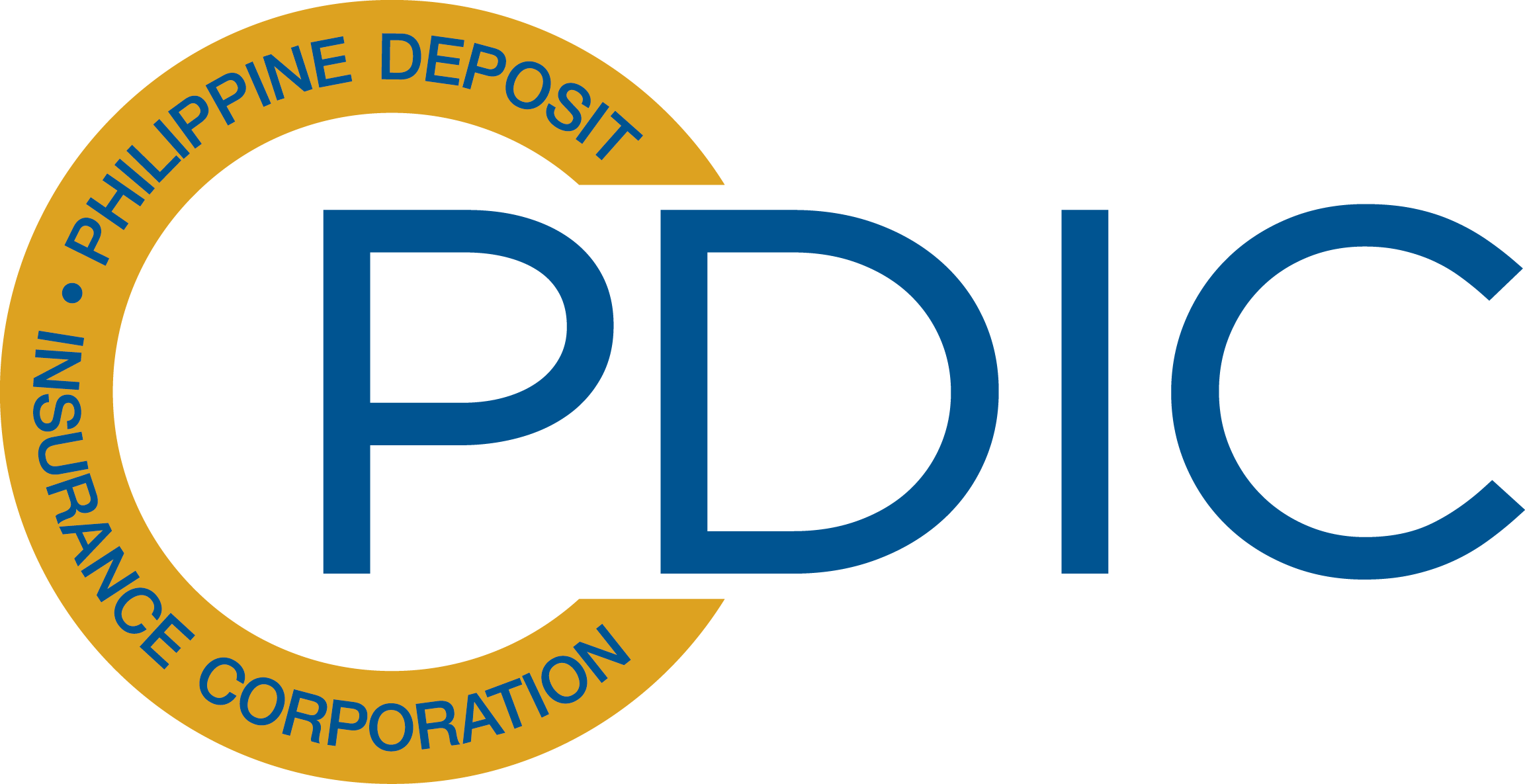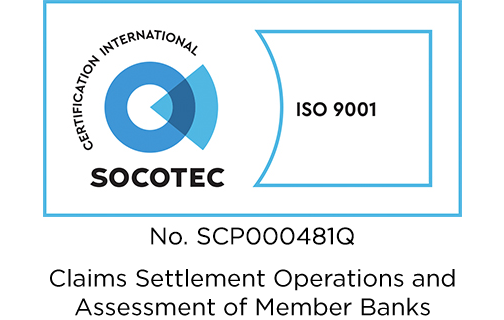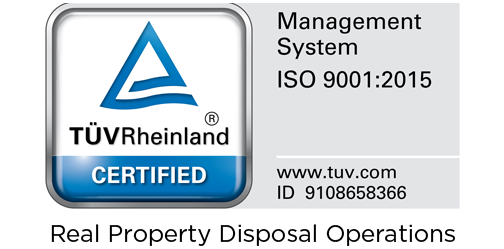| ARCHIVE |
The problem with subsidies in economic policy * |

There are two Asean countries currently facing serious problems because of subsidies. Thailand is sitting on a large stockpile of rice because the government has been buying rice from farmers at prices 40 percent or more above the world market price. For the period September 2011 to September 2012 alone, it is estimated that losses of $ 4.4 billion were incurred under this policy. The sovereign credit rating of Thailand is now deemed under threat of a downgrade because of its rice inventory problems. To make matters worse, the present Thai government is heavily dependent on the rice farmers for political support and, therefore, has very great difficulty in rectifying this particular problem given the political problems that it is currently facing. Indonesia is the other Asean country with a serious problem because of its policy of subsidizing the cost of fuel prices for domestic consumption. By way of background, Indonesia used to be a major oil exporter. It used this position to subsidize domestic consumption of fuel by selling it below the world market price. However, in the mid-2000s, Indonesia became a net oil importer even as oil prices started to go up at a fast pace. Its oil bill quadrupled and in 2012 it incurred a current account deficit for the first time since the Asian Financial Crisis in 1997. It is estimated to have had a current account deficit equal to 3.7 percent of GDP last year and it is estimated to remain at the 3-percent level this year. Its currency, the Indonesian rupian, depreciated against the US dollar by about 25 percent over the past year. Indonesia will be having parliamentary and presidential elections this year and therefore the process of rectifying the subsidy/deficit problem also poses a serious political dilemma. The problem with subsidies, as can be discerned from the cases of Thailand and Indonesia, is that it entails the reallocation of resources from one sector of the economy to another sector in a manner that goes against the flow of market forces and cannot be sustained without eventually affecting other economic variables. These usually cause or aggravate a budget deficit and often times adversely affect the balance of payments accounts. The major complication of subsidies is the political aspect. Once subsidies are started, it is very hard to undo and only with great political will and much political capital. This leads to the current debate on why electrical power cost in the Philippines is believed to be among the highest in East Asia and as to whether the government should subsidize it or not. There are several factors that must be considered in evaluating this issue including the lessons from the experiences of Thailand and Indonesia cited earlier. Another most important factor to consider is the reason why our power costs are high in the first place. We should go back to 1991 and 1992, when the National Power Corp. (Napocor) was practically the sole supplier of electrical power. It was cumulating losses year after year and the government had to subsidize it and guarantee its debt. Furthermore, it had not expanded its generating capacity to meet the needs of a fast-growing economy. In 1992 the Philippines experienced massive power outages at great inconvenience to both industry and the consumer. The country had to resort to stop-gap measures that turned out to be expensive in the long run. The base load coal fired and natural gas power plants had much longer gestation periods to put up and start operating. As a matter of fact, the Epira law is the core of a whole process of transferring the business of power generation and transmission to the private sector, because the government and government-run corporations failed not only in operating the business of power generation and transmission profitably but worse it failed to put up the generating capacity needed by the economy. The cumulative losses (stranded costs) and stranded debts of Napocor will continue to add to the costs of power in the Philippines in the future. It seems quite clear that the privatization of the power generation and transmission businesses is not the cause but a long-run solution to high power costs and inadequate power supply. The government’s role is to bring down the barriers for entry into the business by capable investors to expand capacity and to regulate the industry to ensure optional competition and prevent monopolistic practices. The problem with subsidies as experienced in Indonesia is that it encouraged consumption at the expense of the taxpayer and the current accounts without encouraging the development of alternative sources of energy. The problem of subsidizing rice prices in Thailand is that the government ended up financing a huge inventory of rice in its warehouses, which it cannot sell except with huge losses. The political cost of subsidies also becomes very high. ____________________________ * Written by PDIC President Valentin A. Araneta for Free Enterprise and published in the Businessmirror on January 30, 2014. Mr. Araneta writes for the Free Enterprise column as a member and officer of the Financial Executives of the Philippines (Finex). Requests for his past articles may be coursed through ccd@pdic.gov.ph. |
back |
This website uses information-gathering tools including cookies and other similar technology. Data generated are not shared with any other party. For more information, please refer to our privacy policy.
 PDIC is a government instrumentality created in 1963
PDIC is a government instrumentality created in 1963by virtue of Republic Act 3591, as amended, to insure
the deposits of all banks. PDIC exists to protect
depositors by providing deposit insurance coverage for the depositing public and help promote financial stability. PDIC is an attached agency of the Bangko Sentral ng Pilipinas.

Questions? Need Help?
Click Frequently Asked Questions
Trunkline.: (632) 8841-4000
Hotline: (632) 8841-4141
(for Metro Manila clients)
Fax No.: (632) 8841-4085
Email: pad@pdic.gov.ph
Client outside Metro Manila may call
Toll Free: 1-800-1-888-7342 or
1-800-1-888-PDIC

.png?Friday; April 19, 2024)

Hotline: (632) 8841-4141
(for Metro Manila clients)
Fax No.: (632) 8841-4085
Email: pad@pdic.gov.ph
Client outside Metro Manila may call
Toll Free: 1-800-1-888-7342 or
1-800-1-888-PDIC

.jpeg)
.png)


